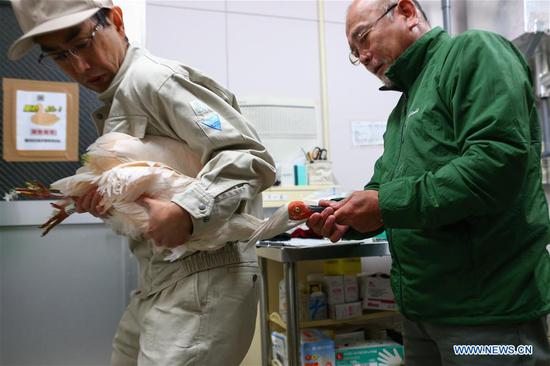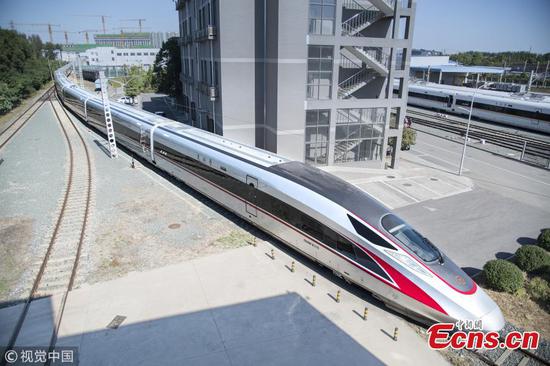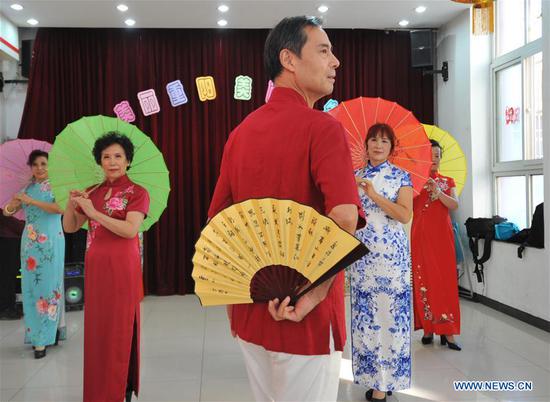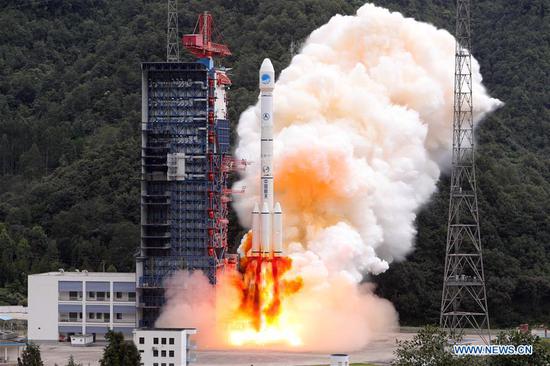The U.S. Treasury Department concluded on Wednesday that none of its leading trade partners is a currency manipulator.
In its semi-annual review of foreign exchange practices of U.S.'s 12 major trade partners and Switzerland, the Treasury Department said that no major trading partners of the country met the standard of currency manipulator.
But it kept China, Germany, India, Japan, South Korea and Switzerland on its "monitoring list".
The department expressed its concerns about recent weakness of the Chinese currency renminbi amidst U.S.-China trade fictions, but it acknowledged that direct intervention by the People's Bank of China (PBOC) had been limited.
"Treasury places significant importance on China adhering to its commitments to refrain from engaging in competitive devaluation and to not target China's exchange rate for competitive purposes," the Treasury added. "China could pursue more market-based economic reforms that would bolster confidence in the renminbi."
Last week, the renminbi had pushed closer to the key seven to the dollar threshold, a level not breached since 2008.
Yi Gang, governor of the PBOC, said last week that China will continue to let the market "play a decisive role" in the formation of the renminbi exchange rate.
"We will not engage in competitive devaluation, and will not use the exchange rate as a tool to deal with trade frictions," Yi said in a statement at a meeting of the International Monetary and Financial Committee.
Marc Chandler, chief market strategist at Bannockburn Global Forex, told CNBC that China does not meet all of the criteria to be called a currency manipulator, and countries that qualify would have a large current account deficit, while China had a surplus this year.


















































